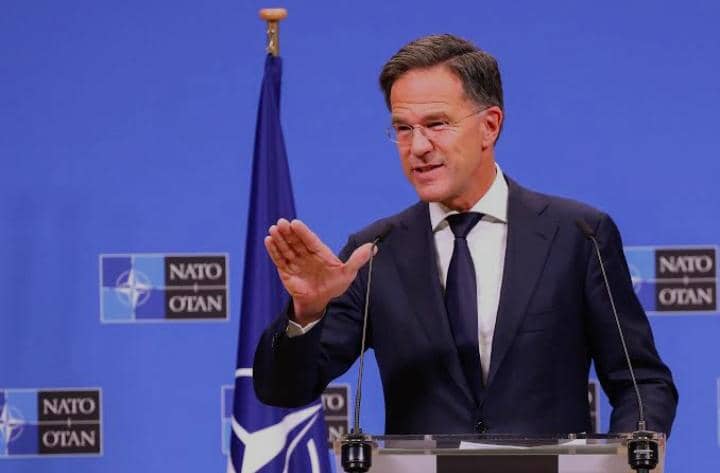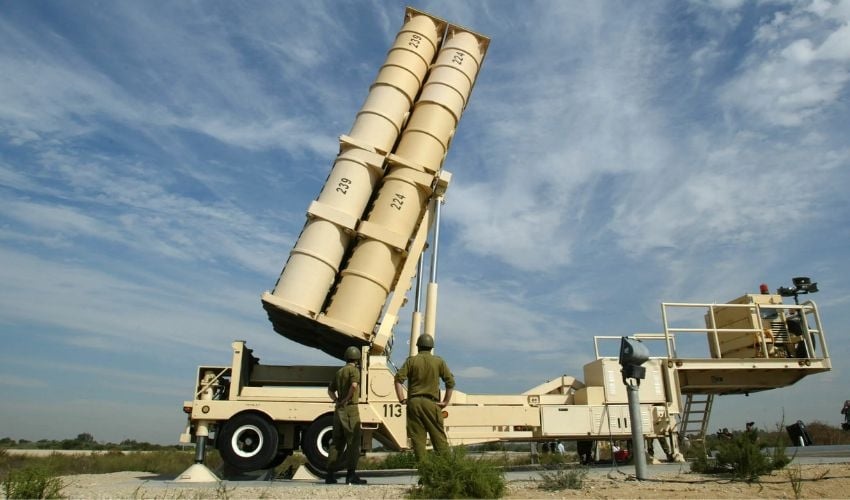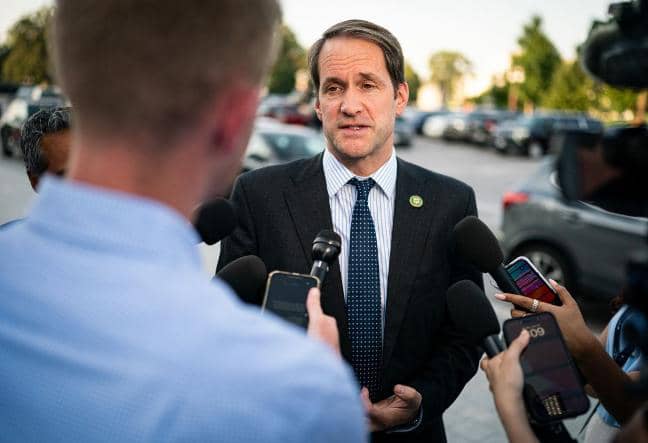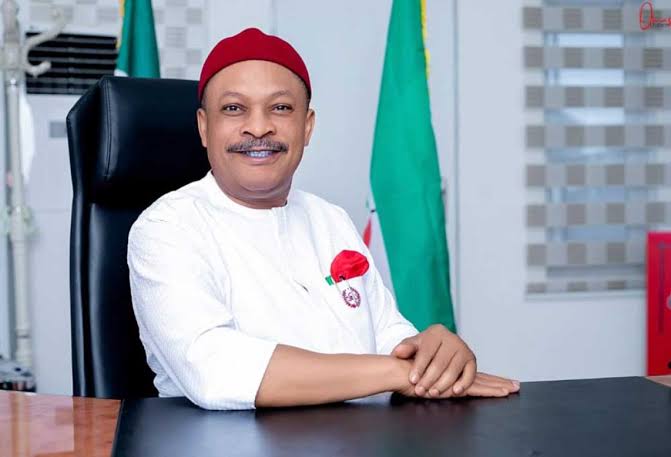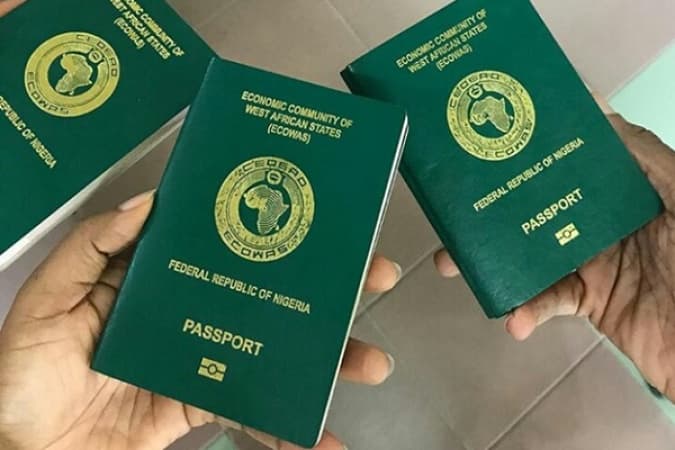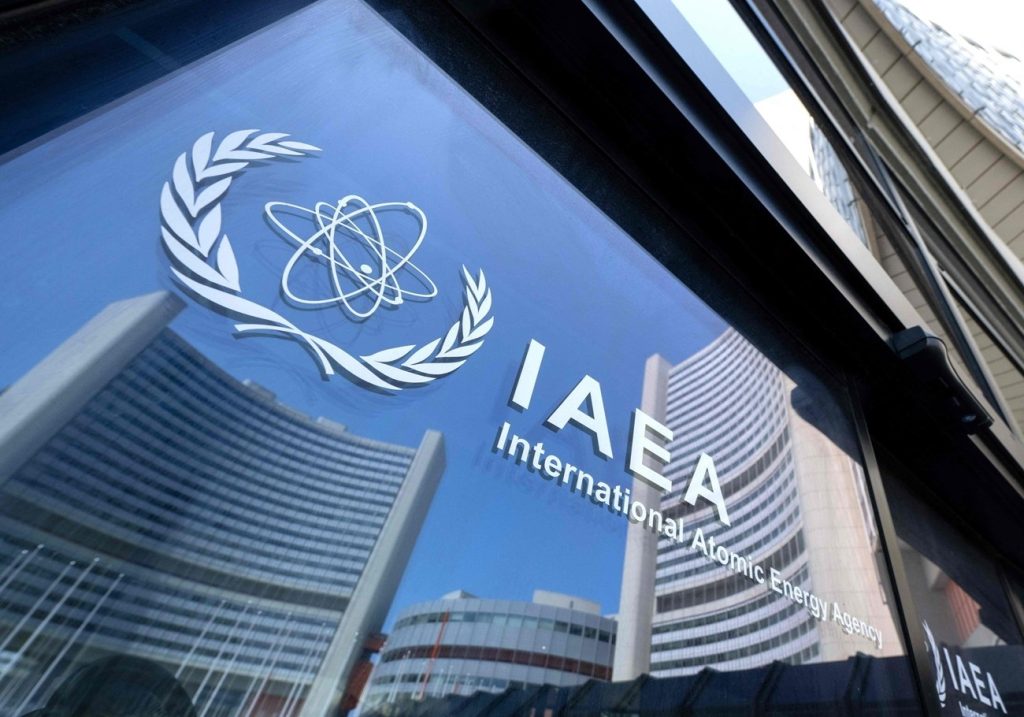Featured
Why Adamawa govt removes Waziri title from Atiku Abubakar
DDM News

The Adamawa State Government has officially revoked the traditional title of Waziri Adamawa previously held by former Vice President Atiku Abubakar, citing a newly introduced indigeneship policy aimed at restructuring traditional leadership within the state.
Diaspora Digital Media (DDM) gathered that the announcement was made through a circular dated June 20, 2025, and signed by Mrs. Adama Felicity Mamman, the Permanent Secretary of the Department of Chieftaincy Affairs.
The document explained that the revocation forms part of Governor Ahmadu Umaru Fintiri’s wider initiative to reorganize traditional institutions in line with newly created chiefdoms and modified emirate boundaries across Adamawa State.
According to the circular, the Waziri Adamawa title—once regarded as the second most influential position within the Adamawa Emirate, subordinate only to the Lamido—will now be subject to new eligibility rules.
These revised guidelines restrict traditional titleholders and emirate council members to individuals who are indigenes of specific districts within the state. Only persons originating from Yola North, Yola South, Girei, Mayo-Belwa, Song, and Zumo districts are now considered eligible for emirate council positions.
Given that Atiku hails from Jada Local Government Area—geographically situated in the Ganye Chiefdom and outside the designated emirate zones—the government ruled him ineligible to continue holding the Waziri title.
The directive further clarified that the policy is not exclusive to Atiku but applies to all current and aspiring members of traditional councils and titleholders whose ancestral roots lie outside the newly approved districts.
This sweeping reform is expected to affect numerous individuals currently serving within the emirate systems across Adamawa, potentially leading to a significant shake-up in traditional authority structures throughout the state.
While the Adamawa Emirate is historically one of the oldest and most respected traditional institutions in Northern Nigeria, the recent developments indicate a strong governmental push to redefine local leadership roles along geographic and administrative lines.
Political observers view the decision as a sensitive move with potential cultural and political implications, particularly given Atiku Abubakar’s status as a national figure and a prominent leader in Northern Nigeria.
As of the time of this report, the former Vice President has yet to issue a formal response to the development.
However, community stakeholders and traditional council members across the state are reportedly reviewing the impact of the directive on their respective positions.
The Adamawa State Government maintains that the new indigeneship policy is designed to strengthen the integrity of traditional institutions by aligning them with current administrative boundaries and local identities.
For Diaspora Digital Media Updates click on Whatsapp, or Telegram. For eyewitness accounts/ reports/ articles, write to: citizenreports@diasporadigitalmedia.com. Follow us on X (Fomerly Twitter) or Facebook





